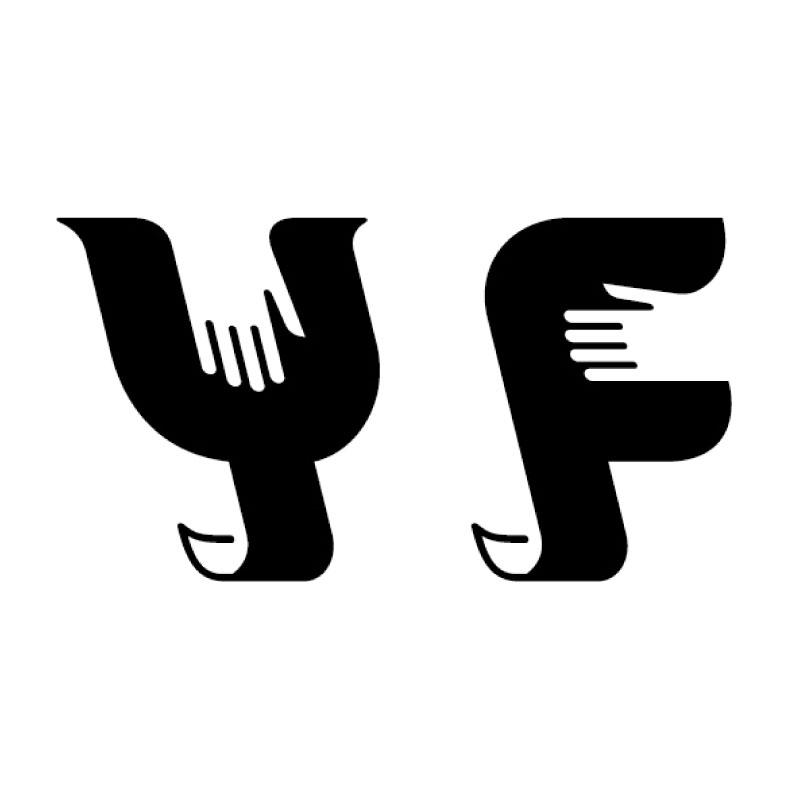- 148
海邊的巴別塔/Tower of Babel by the sea
この映画はゴシックの古典「ファウスト」の終わりから改作され、主役は悪魔メフィストです。 さまざまな外見と変化を持っている現代のファウストは、完璧な都市を完成させるために土地を取り戻し、工業都市を建設して、自己を達成することに熱心です。 悪魔は、バベルの塔の青写真を使って人間をゴージャスな夢に誘い込みますが、健康、生命、持続可能な天然資源の痛みを伴う代償を失います!
この映画は、過剰な消費経済を追求している世界を非難しています。産業用炭素排出と可塑化された廃水中毒により、梁田は工場になり、海岸は墓地になり、温暖化現象により海水が土地を飲み込み、汚染が黒死のように広がり、悪魔は人間、天国、地球を呪います。 死の奈落の底に落ちます!
Background
Adapted from part two of Johann Wolfgang von Goethe's tragic play Faust, the film uses Mephistopheles as the prototype of its antagonist. In the film, the modern Faust, who is ever-changing in his outward appearance, yearns at fulfilling his sense of self. To achieve this, he reclaims land from the ocean to build industrial parks for his ideal city. Tall smokestacks belching smoke into the sky reflect man’s insatiable greed. Enticed by the devil, man continues to build his Tower of Babel to reach to the realm of the gods, yet in the process, he loses his health and his life, and also compromises the sustainability of the natural resources at his disposal.
The film expresses vehement disapproval toward the economics of over-consumption. Industrial emissions and waste water discharge from petrochemical factories have rendered farmlands toxic and coastal areas lifeless, while rising sea levels due to climate warming have inundated the land. As pollution spreads like a pandemic, man is cursed, and nature is caught in a spiral of death.
この映画は、過剰な消費経済を追求している世界を非難しています。産業用炭素排出と可塑化された廃水中毒により、梁田は工場になり、海岸は墓地になり、温暖化現象により海水が土地を飲み込み、汚染が黒死のように広がり、悪魔は人間、天国、地球を呪います。 死の奈落の底に落ちます!
Background
Adapted from part two of Johann Wolfgang von Goethe's tragic play Faust, the film uses Mephistopheles as the prototype of its antagonist. In the film, the modern Faust, who is ever-changing in his outward appearance, yearns at fulfilling his sense of self. To achieve this, he reclaims land from the ocean to build industrial parks for his ideal city. Tall smokestacks belching smoke into the sky reflect man’s insatiable greed. Enticed by the devil, man continues to build his Tower of Babel to reach to the realm of the gods, yet in the process, he loses his health and his life, and also compromises the sustainability of the natural resources at his disposal.
The film expresses vehement disapproval toward the economics of over-consumption. Industrial emissions and waste water discharge from petrochemical factories have rendered farmlands toxic and coastal areas lifeless, while rising sea levels due to climate warming have inundated the land. As pollution spreads like a pandemic, man is cursed, and nature is caught in a spiral of death.


